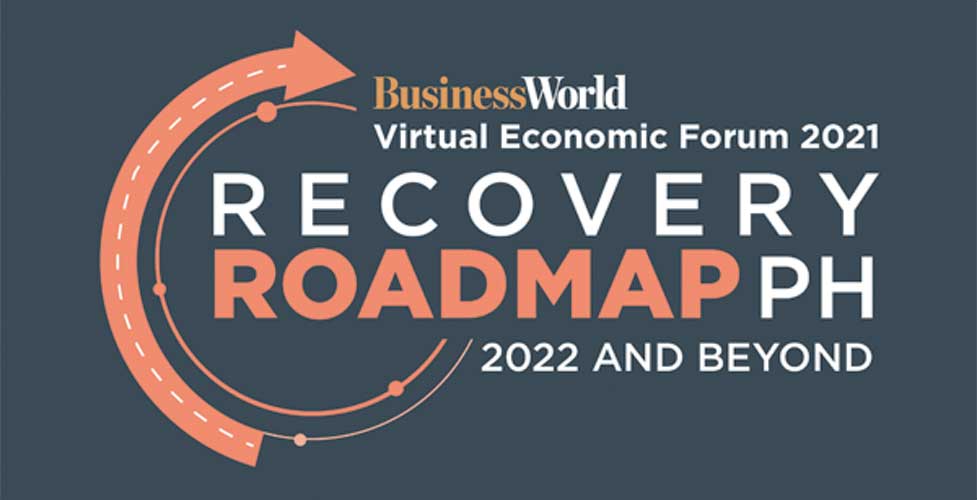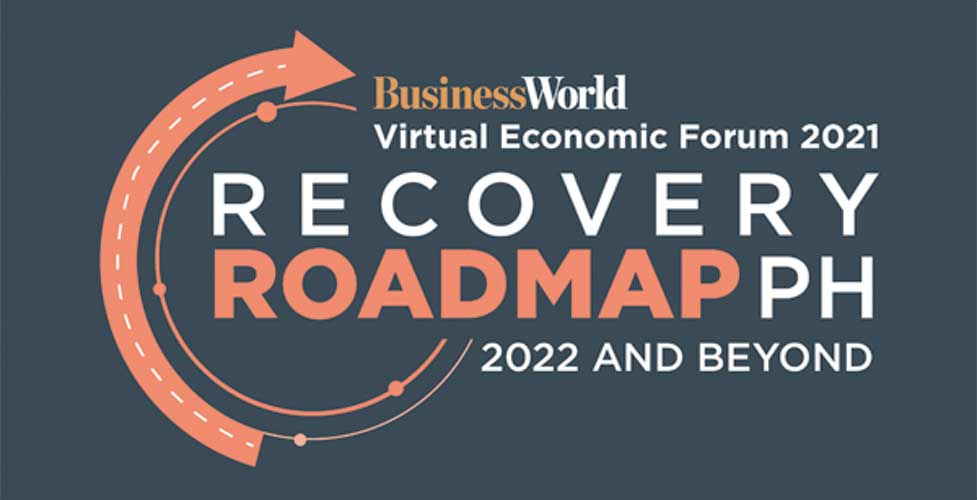STARTUPS and micro, small, and medium enterprises must be agile in using technology with the consumption of digital services expected to continue into the new normal, a Department of Trade and Industry (DTI) official said.
“The drive now is really towards digital transformation, leading to more innovation and application of new technologies in addressing social, economic, environmental, and health problems,” according to Trade Undersecretary Rafaelita M. Aldaba, speaking at the BusinessWorld Virtual Economic Forum Thursday.
“There’s a need to adopt new ways of working to increase resilience, and (businesses) need shared responsibility and collaboration (with) industry, academe, government, and other stakeholders, to address social and environmental challenges together,” she said, adding that the focus must be on inclusive growth.
The Philippines, ranked the 51st most innovative economy in the world out of 132 economies, is weak when it comes to infrastructure, institutions, financing, and market sophistication, according to this year’s Global Innovation Index. Addressing these will be vital in order to maintain the Philippines’ ranking and further boost innovation, she said.
“The whole-of-society approach is needed in order for us to build a robust startup and innovation ecosystem,” she said. “Hence, the (DTI’s) role of coordinator and facilitator is really crucial for us to be successful in building a healthy ecosystem.”
Some regulatory policy changes being implemented by the public sector are the Ease of Doing Business Law, which streamlines government procedures in starting a business to take half a day instead of the initial 33 days, and the Philippine Innovation Act, which will establish innovation centers, business incubators, a National Innovation Council and an innovation fund amounting to P1 billion.
DTI also has an Inclusive Innovation Industrial Strategy, which aims to grow globally competitive and innovative industries. Ms. Aldaba stressed the role of disruptive technologies like social media, analytics, and the cloud in this growth.
The Philippine industry ecosystem could “provide the foundation for generating quality jobs and investments, creating new products and services, and ensuring shared prosperity for all,” she added.
One way to assure this vision is to promote a digital entrepreneurial mindset — a precursor for individual as well as collective growth.
“Design thinking and innovation can actually make the world a better place, help people become more effective, and allow more social mobility,” Ms. Aldaba said.
With the Philippines touted as the fastest-growing internet economy in the region based on Google, Temasek, and Bain & Company’s 2021 e-Conomy Southeast Asia Report, digital technologies should be maximized to drive inclusive, resilient, and sustainable industrial development and innovation.
Examples of such technologies are voice recognition, artificial intelligence, augmented reality, robotics, and 5G connectivity, which have been used for smart buildings, smart home technology, smart manufacturing, smart cities, precision agriculture, digital health, e-gaming, and education technology, among others.
“As the race for survival intensifies, more innovation will emerge and the less innovative will fall behind. In fact, our mantra now is ‘innovate or die,’ ‘digitalize or die,’” Ms. Aldaba said. — Brontë H. Lacsamana

